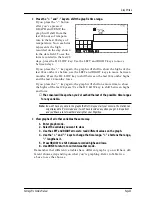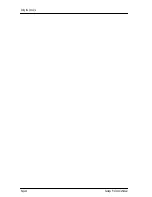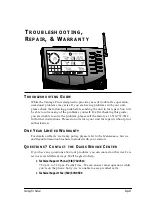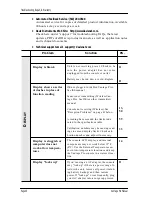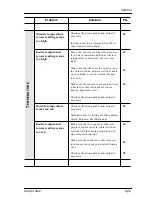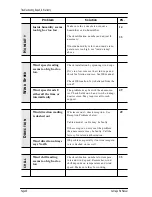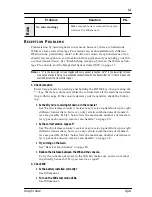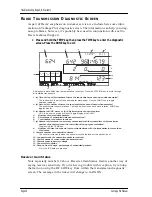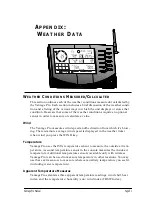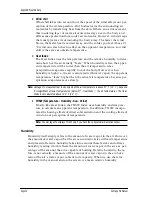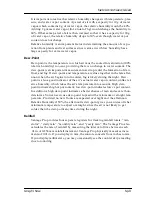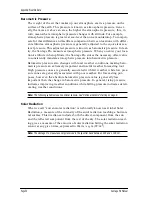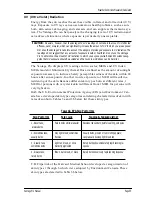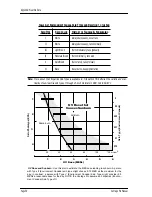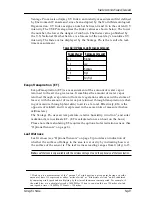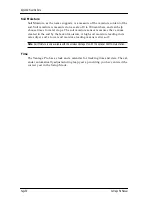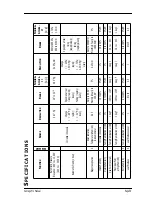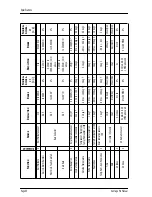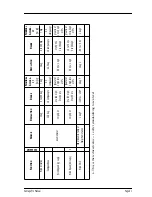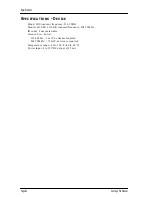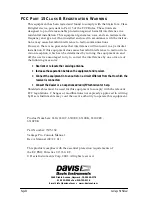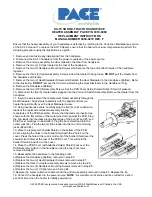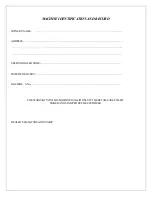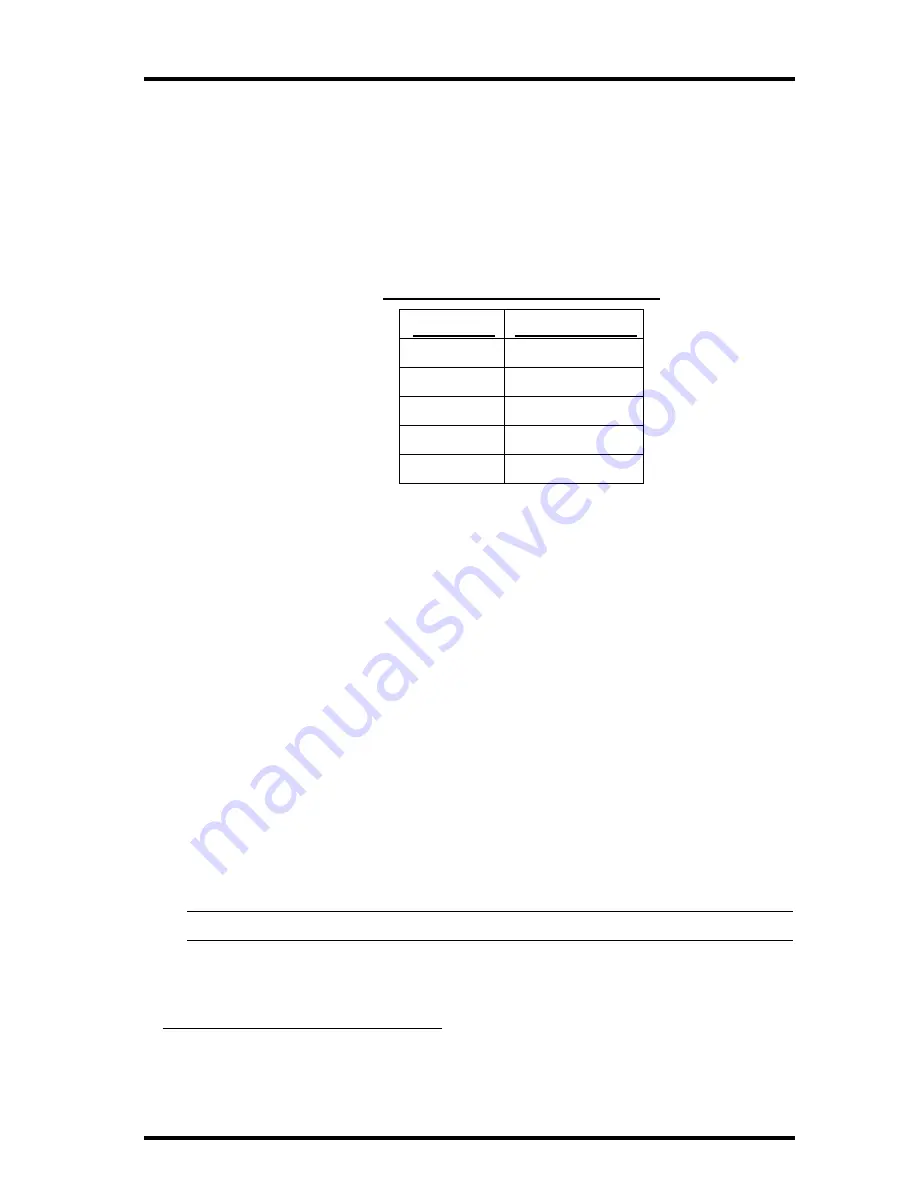
Weather Conditions Measured/Calculated
Vantage Pro Manual
Page 57
Vantage Pro can also display UV Index, an intensity measurement first defined
by Environment Canada and since been adopted by the World Meteorological
Organization. UV Index assigns a number between 0 and 16 to the current UV
intensity. The US EPA categorizes the Index values as shown below. The lower
the number, the lower the danger of sunburn. The Index value published by
the U.S. National Weather Service is a forecast of the next day’s noontime UV
intensity. The Index value displayed by the Vantage Pro is the result of a real-
time measurement.
EvapoTranspiration (ET)
EvapoTranspiration (ET) is a measurement of the amount of water vapor
returned to the air in a given area. It combines the amount of water vapor
returned through evaporation (from wet vegetation surfaces and the stoma of
leaves) with the amount of water vapor returned through transpiration (exhal-
ing of moisture through plant skin) to arrive at a total. Effectively, ETo is the
opposite of rainfall, and it is expressed in the same units of measure (Inches,
millimeters).
The Vantage Pro uses air temperature, relative humidity, wind run
1
, and solar
radiation data to estimate ET. (ET is calculated once an hour on the hour.)
Please note that calculating ET requires the optional solar radiation sensor. (See
“Optional Sensors” on page 8.)
Leaf Wetness
Leaf wetness (see “Optional Sensors” on page 8) provides an indication of
whether the surface of foliage in the area is wet or dry by indicating how wet
the surface of the sensor is. The leaf wetness reading ranges from 0 (dry) to 15.
Note:
Leaf Wetness is only available with the wireless Vantage Pro and the optional Leaf Wetness station.
T
ABLE
A3: UV I
NDEX
AND
E
XPOSURE
C
ATEGORY
I
NDEX
V
ALUES
E
XPOSURE
C
ATEGORY
0 - 2
Minimal
3 - 4
Low
5 - 6
Moderate
7 - 9
High
10+
Very High
1. Wind run is a measurement of the “amount” of wind passing a given point during a specific
amount of time. It’s expressed as either “miles of wind” or “kilometers of wind” and is calculated
by summing wind speed and multiplying by the time of the measurement period. For example, if
the wind blew at an absolutely steady 10 MPH for 12 hours, you would have 120 miles of wind
run (speed x time = 10 MPH x 12 Hours = 120 miles.
Summary of Contents for and Vantage Pro
Page 6: ...Page 6 Vantage Pro Console Manual ...
Page 10: ...Welcome to Vantage Pro Page 10 Vantage Pro Console Manual ...
Page 16: ...Console Installation Page 16 Vantage Pro Manual ...
Page 18: ...Console Installation Page 18 Vantage Pro Manual ...
Page 44: ...Using the Console Page 44 Vantage Pro Console Manual ...
Page 63: ...Vantage Pro Manual Page 63 ...

